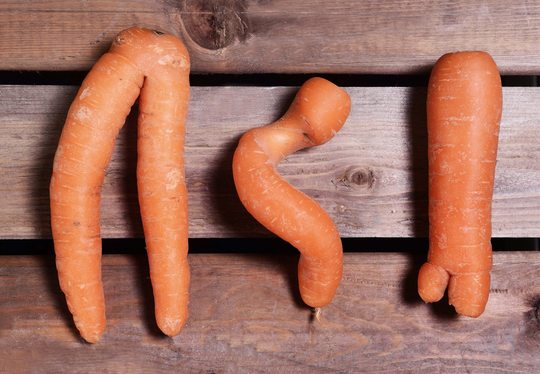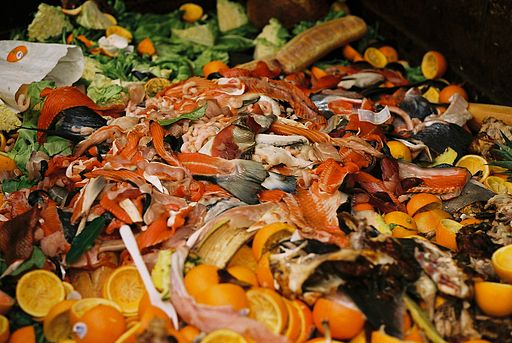
UK supermarket chain Asda is adding sweet potatoes and garlic to its ‘wonky’ fruit and veg range and selling the range in more stores.
The grocer said in a press release that the move is part of its ongoing efforts to cut food waste across the supply chain and to help farmers.
“Labelled Beautiful on the Inside, the wonky veg range currently includes crooked carrots, knobbly pears, bumpy apples and citrus fruits, all sold at reduced rates in their own dedicated in-store fixture. There will be different sizes of wonky garlic, and it will be a bit scruffier, but the garlic inside is still the same. Our wonky sweet potatoes will be all kinds of strange shapes – and by selling these, we’ll save 10% of the crop from being wasted. We’re planning to increase the range even further in 2016, so watch this space,” Asda said.

The wonky veg trial began at the start of this year in 5 stores – Grantham, Coventry, Dagenham, Bedminster (Bristol) and Wallington (Croydon). “It proved so popular that we’ve added it to more stores and the range is now sold in 25 stores,” Asda said.
Asda’s produce technical director Ian Harrison said the range has proved a hit and has also enabled Asda to flex its specifications across a wide variety of its standard produce lines.
“For example, we’re taking 340 more tonnes of standard and organic carrots which would previously have been out of spec. We’ve also relaxed specifications on other produce like green beans, chillies and standard sweet potatoes which has put a further 300 tonnes of produce onto our shelves, which is good news for farmers.
“We have more work to do and we’re committed to working with our growers to ensure we utilise more of their crops whether that’s in Wonky or in our standard ranges,” Harrison said.

